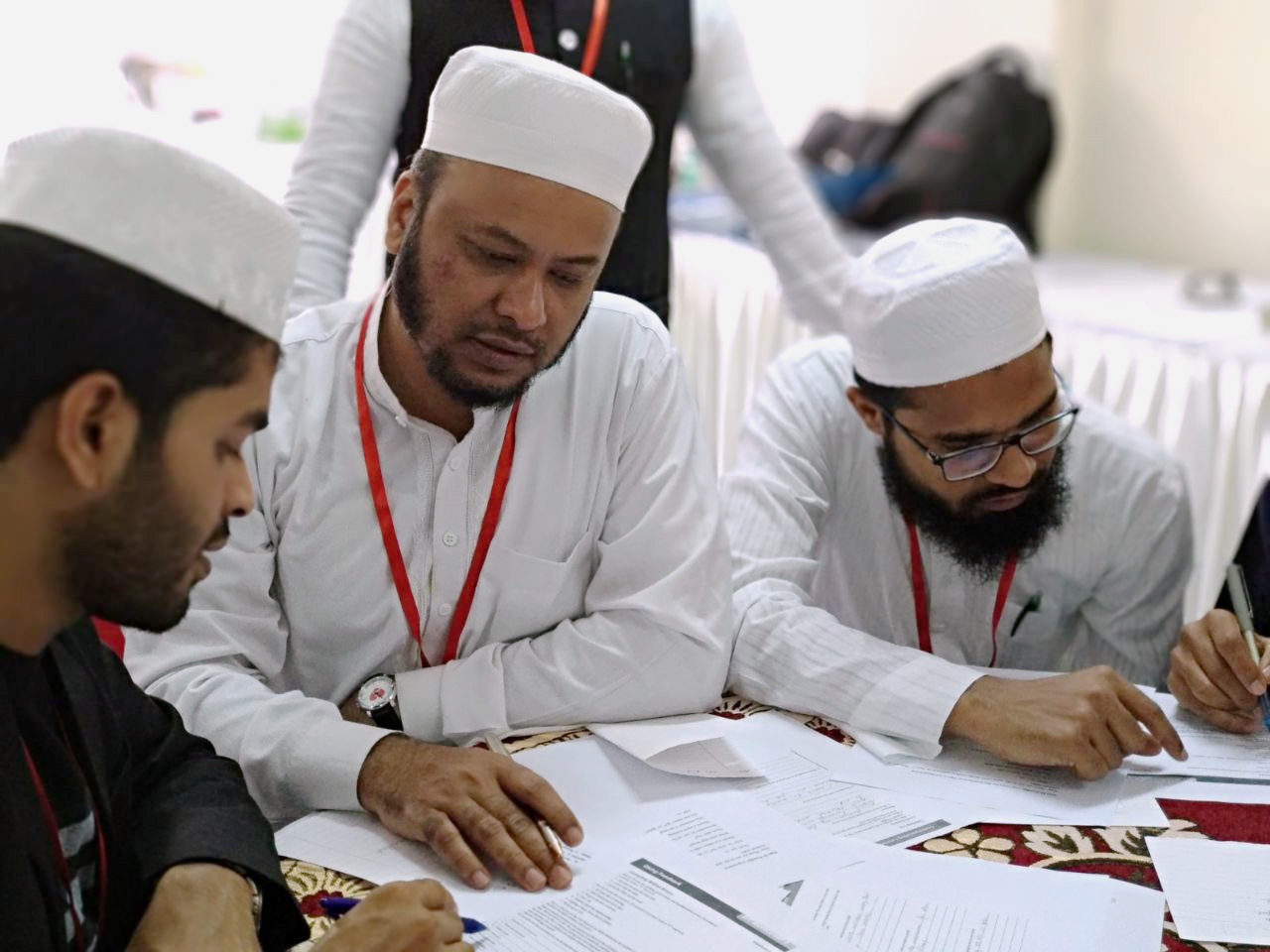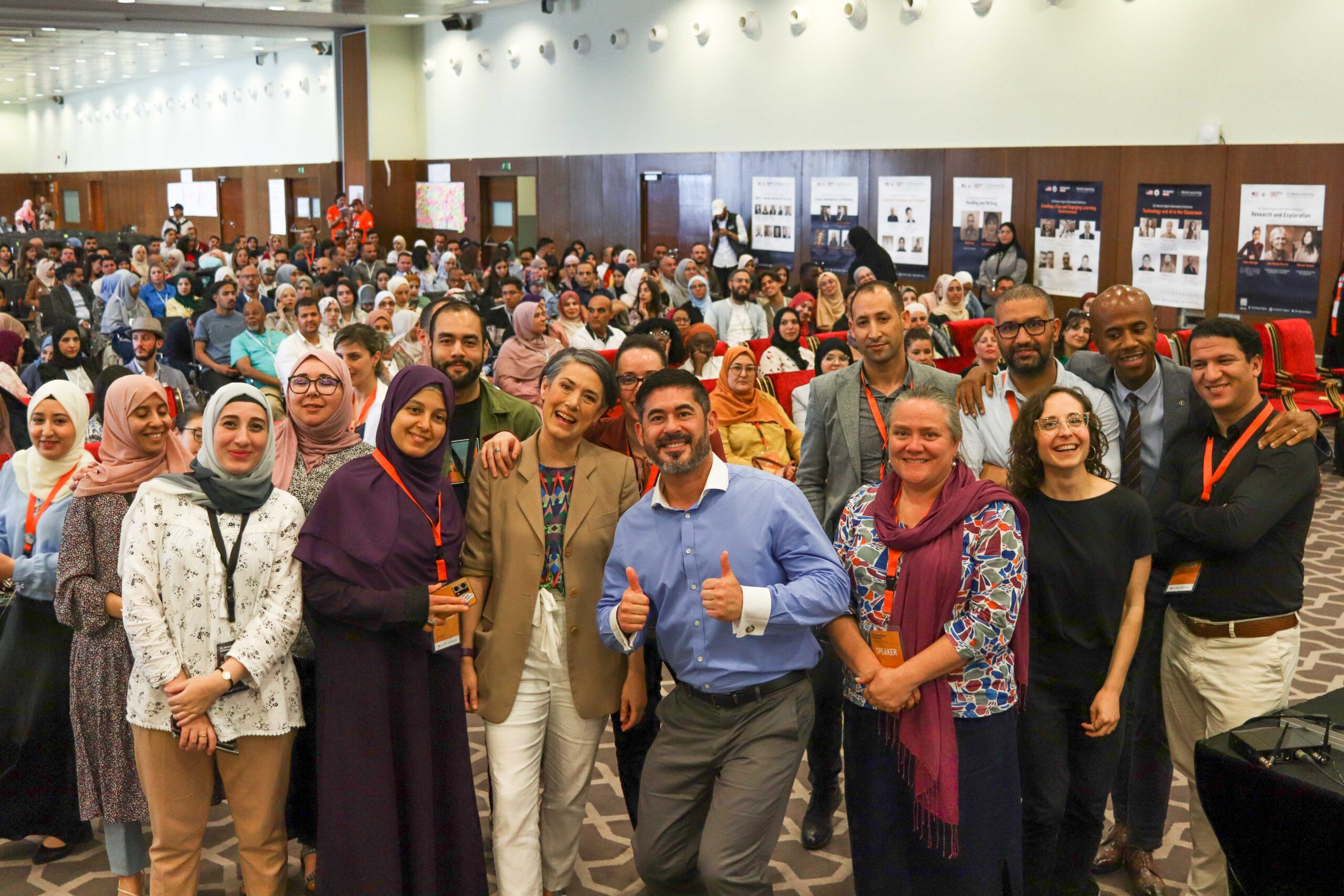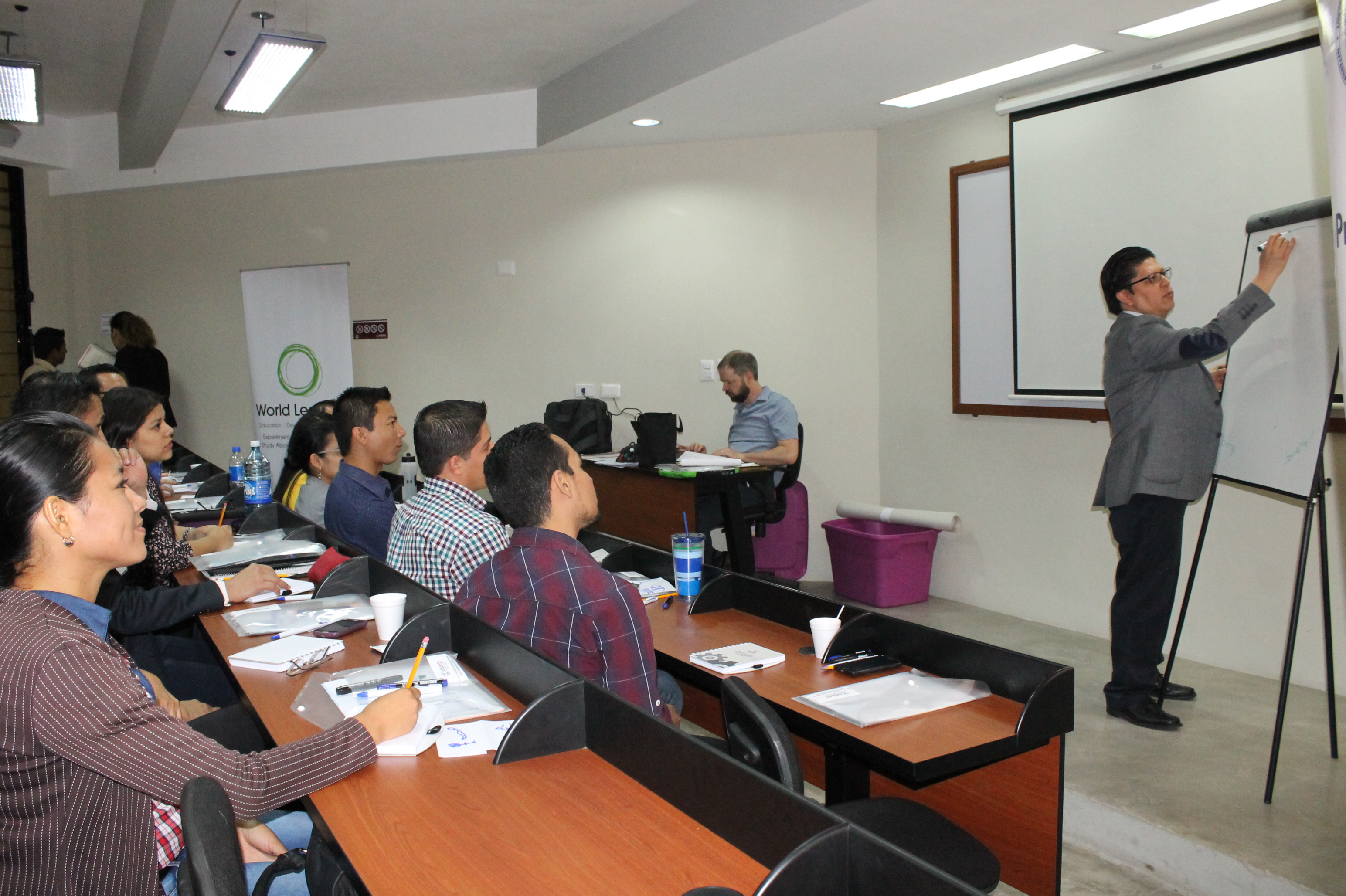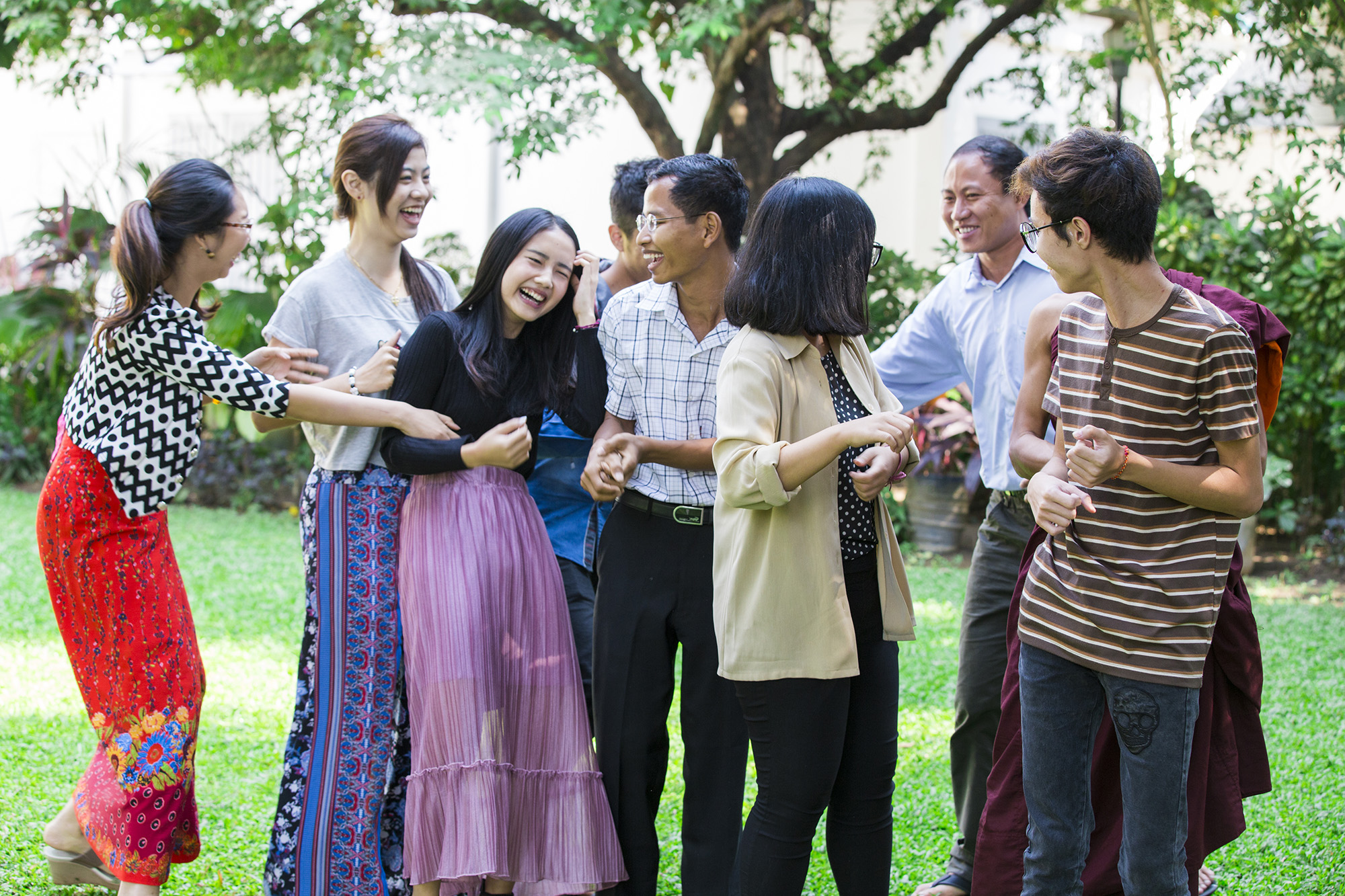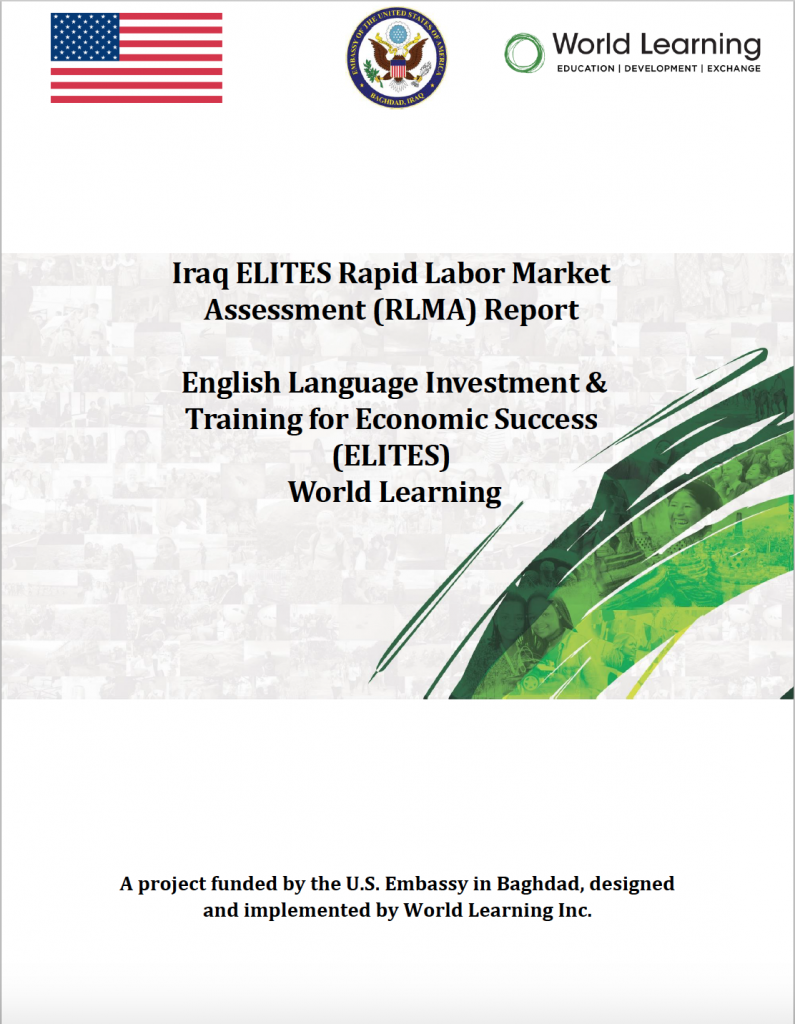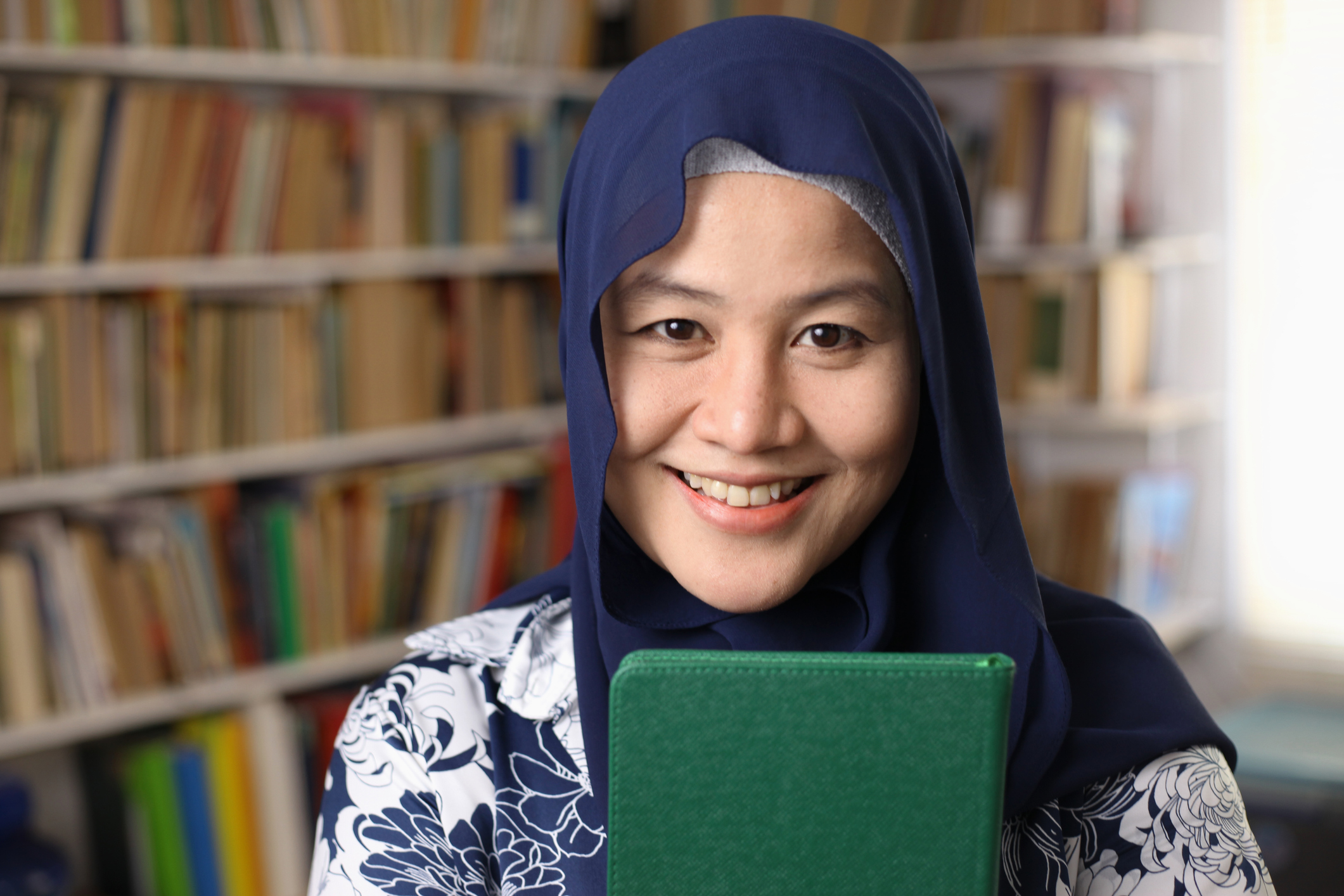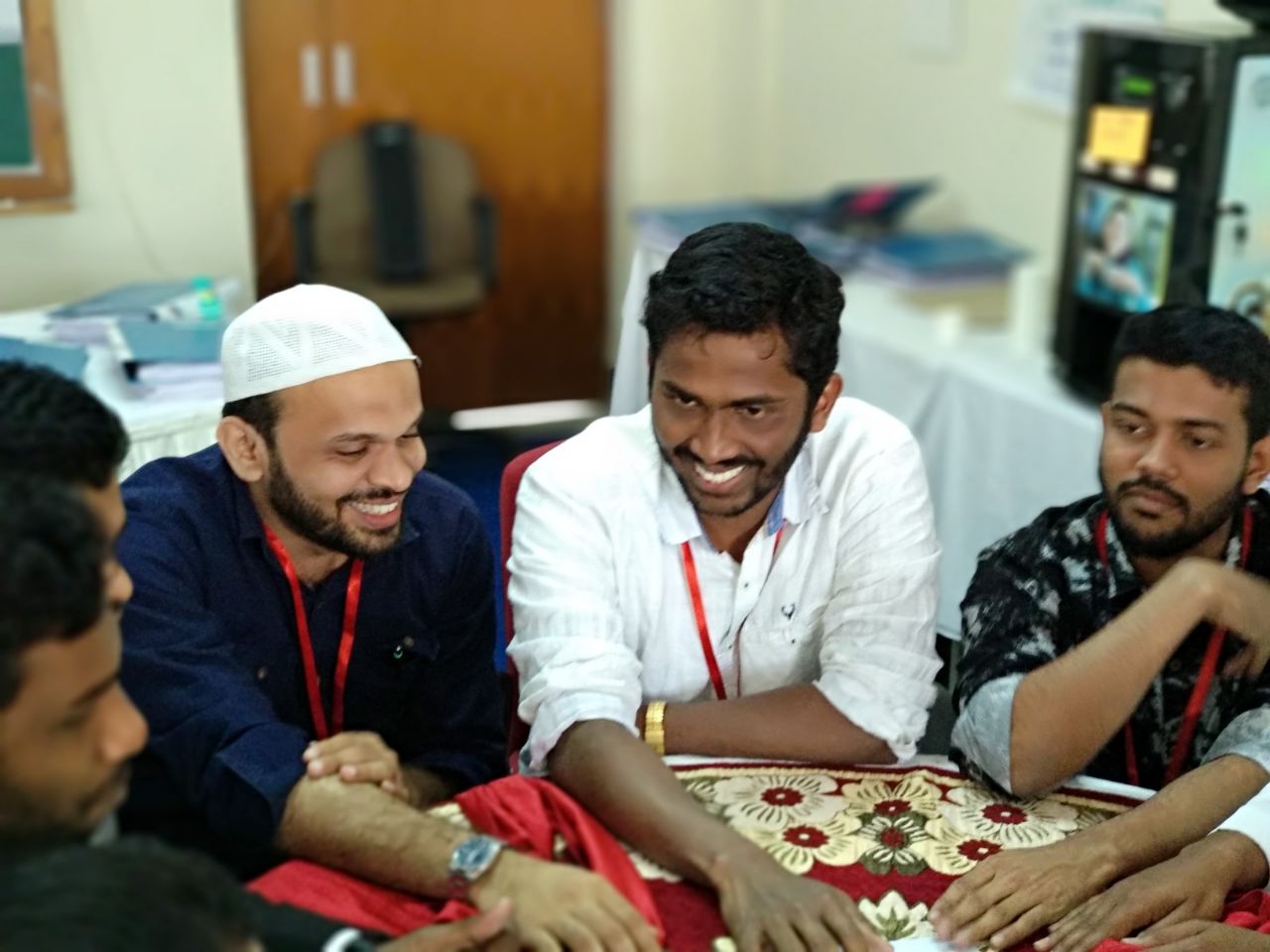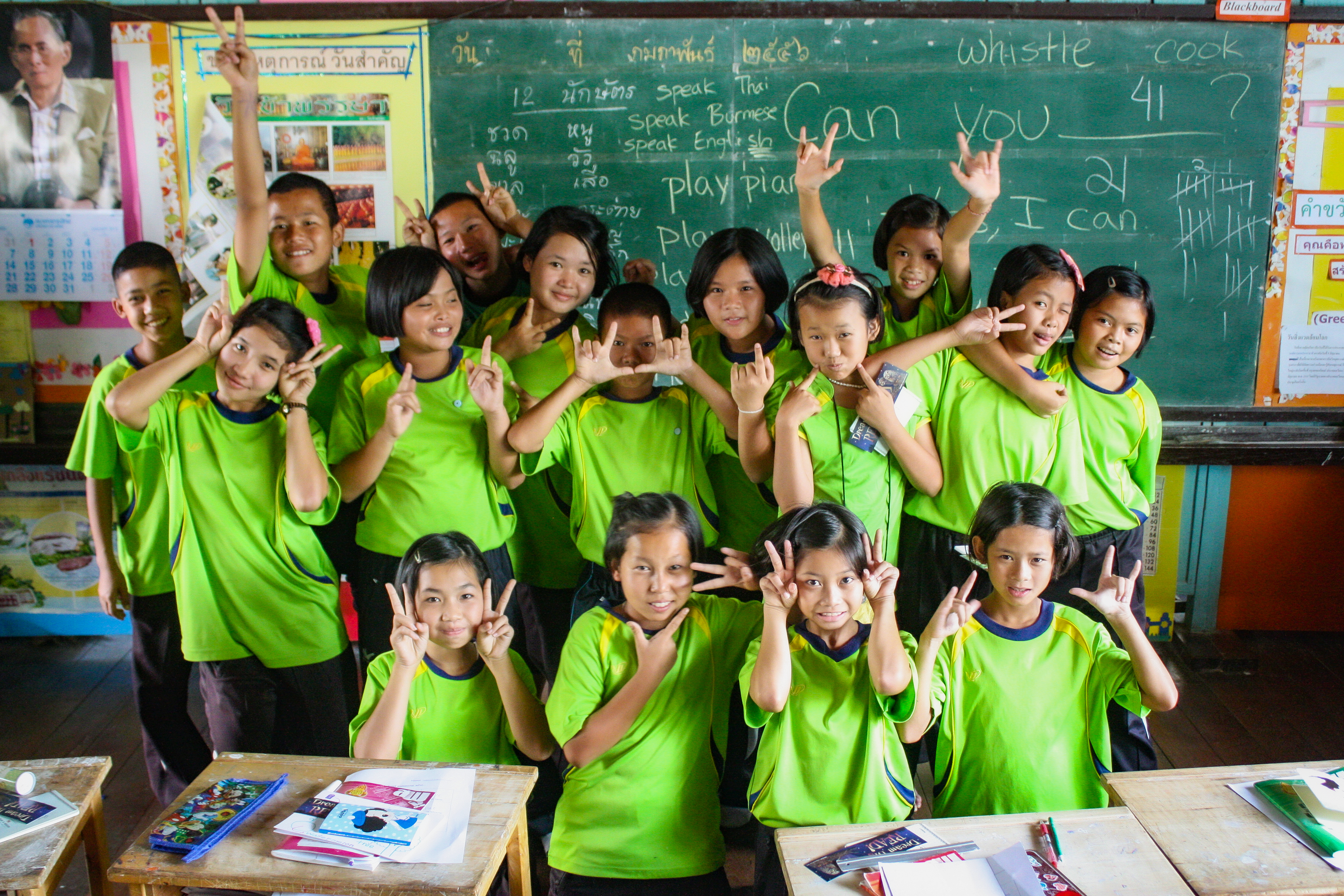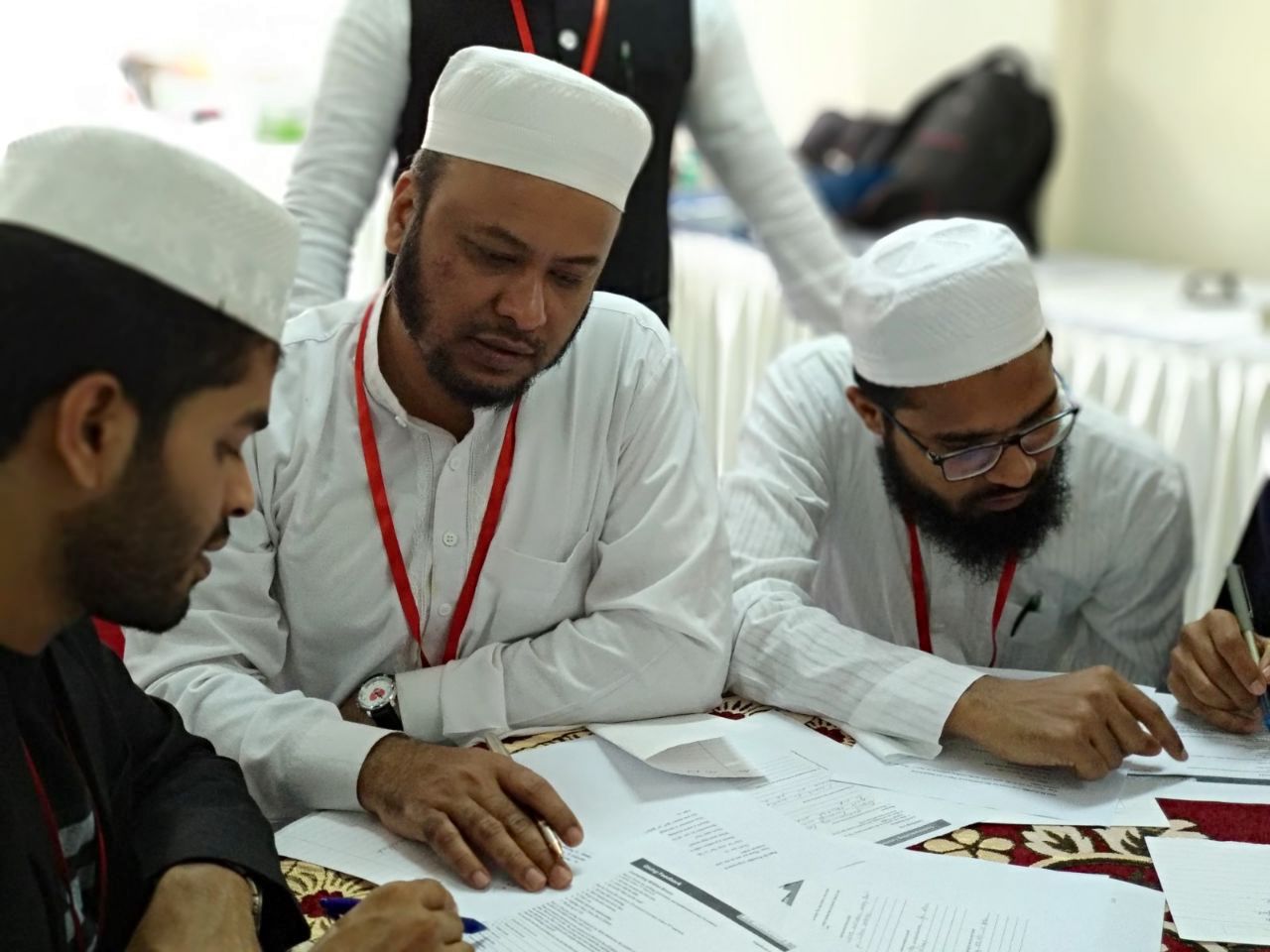-
What We Do
- WHERE WE WORK
-
About Us
 Welcome Message from Carol Jenkins
Welcome Message from Carol JenkinsFor more than 90 years, World Learning has equipped individuals and institutions to address the world’s most pressing problems. We believe that, working together with our partners, we can change this world for the better.
On my travels, I’ve had the opportunity to meet with many of those who have joined us in this mission. In Baghdad, we’ve trained more than 2,300 Iraqi youth who are already giving back at home. In London, our partners in the TAAP Initiative strongly believe that we are all responsible to practice inclusion. And in Vermont, our Experiment in International Living and School for International Training participants prove every day that they have the tools and the determination to change the world.
Please join us in our pursuit of a more peaceful and just world.
- Get Involved
Program Area: TESOL | English Teacher Training
Access for Teachers Program
Blended Career Development for Madrassa English Teachers
English Language Assessment Services
Prior to administering assessments and trainings, World Learning works with organizations to determine their needs and set appropriate language proficiency benchmarks. The assessment utilizes a comprehensive, four-pronged approach to measure individuals’ skills against those benchmarks. This approach combines the MET: Michigan English Test, SPEAK: Speaking Proficiency English Assessment Kit, and World Learning’s own customizable writing test and interview protocol. Combining these four assessment types allows for an accurate rating of participants’ four key language skills, reading, writing, listening, and speaking.
World Learning ESL technical experts tailor the writing test and interview protocol for each client to incorporate their needs and the context of the assessment. Two trained World Learning raters independently score the SPEAK test, writing test, and interview protocol to ensure accuracy. Once all scores are finalized, World Learning converts them into a single master rating that corresponds to standard language proficiency benchmarks. World Learning also provides Certificates of Achievement to participants who reach the benchmarks set by their organizations.
ESL Network
El Salvador Higher Education for Economic Growth Project
English Language Program
English Language Investment and Training for Economic Success
Jakarta English Language Teacher Training 2023 Program
Jakarta English Language Teacher Training Program (J-ELTT)
Madrassa English Language Teacher Training Program (MELTT)
New Vermonter Education Program
Online Professional English Network Program (OPEN Program)
SIT TESOL Certificate
Virtual Madrassa English Language Teacher Teaching (V-MELTT)
Teaching Assistant’s Certificate Course
[program description]
Youth Leadership & Civic Engagement
From 2014-2016, World Learning implemented the U.S. Department of State-funded Developing Youth Leadership and Civic Engagement in Northern Nigeria through English Language Training (YLCEN) program.
YLCEN was designed to have a positive message with a communicative and participatory curriculum that would enable youth to resist the call of violent extremism. The program aimed to increase hope, tolerance, and a sense of community in at-risk youth by involving them in leadership and civic engagement activities through youth clubs, strengthening English teachers’ skills in participatory teaching methodology, and developing the ability of local partners to implement programs for at-risk youth. More than 200 youth, 20 local teachers, and two local civil society organizations participated in the program in six neighborhoods in the northern cities of Jos and Kano. Both cities have experienced religious extremist violence from groups including Boko Haram in the last decade and have high unemployment and dropout rates.
Through the dedicated work of the local partners and World Learning-trained teachers, the youth club members reported they were more interested in returning to school or to begin small-scale entrepreneurial pursuits. They also felt they had a better connection to their communities through volunteer projects and reported a greater willingness to engage with people outside of their religion, ethnicity, and gender.






